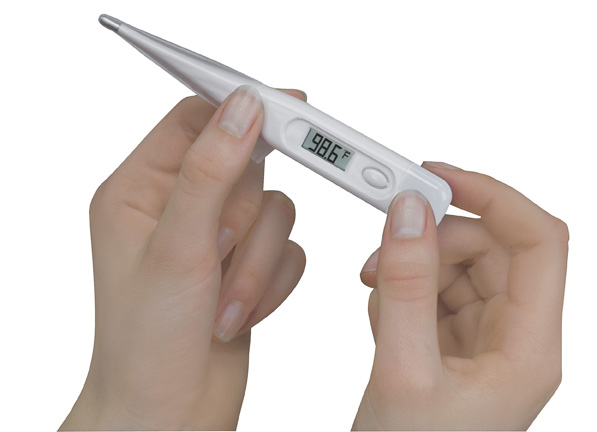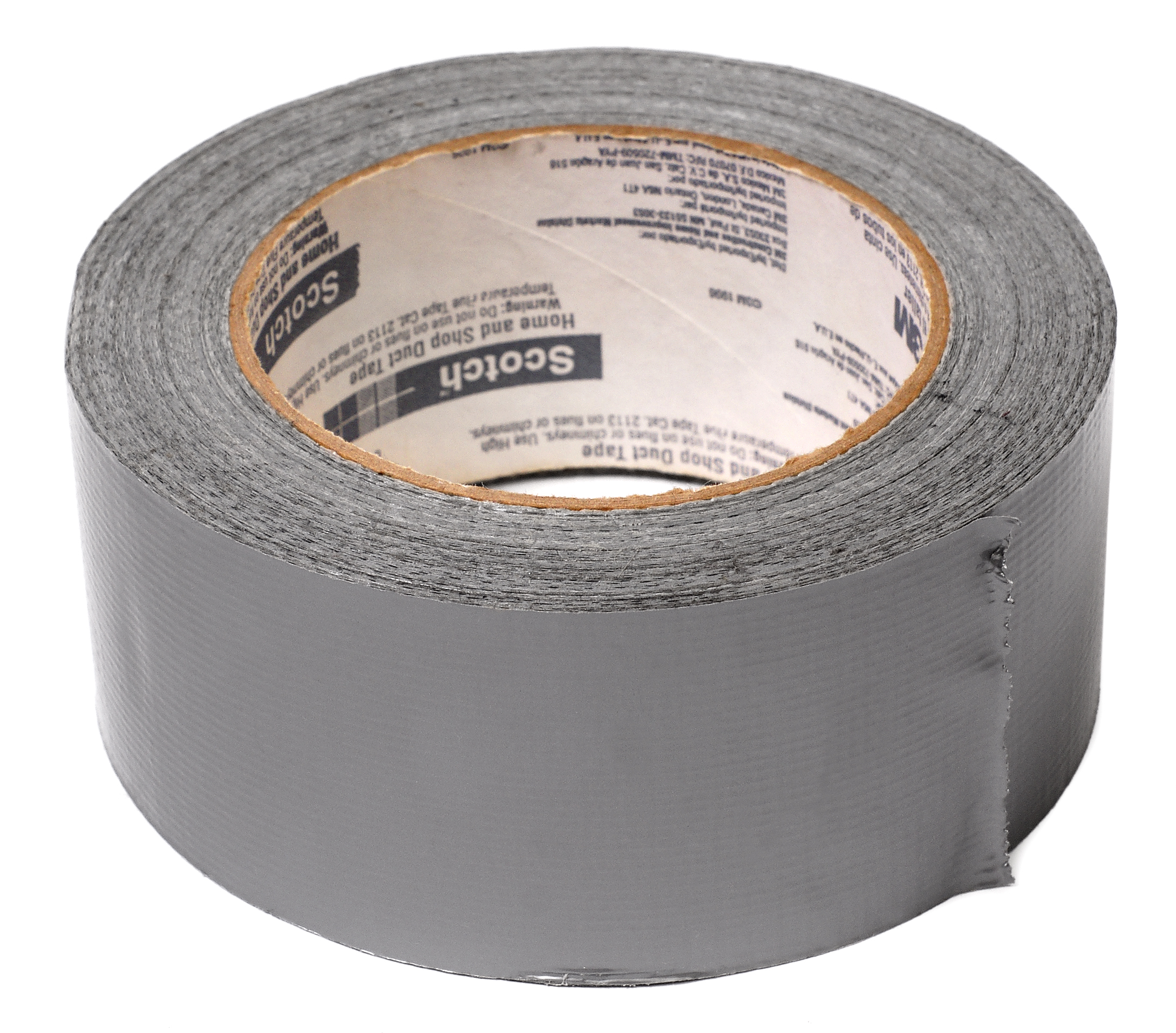A Year in the Life, Week 31 - Your Perfect Opposite
This week’s prompt referenced the Griffin and Sabine books, which I meant to read once upon a time but which kind of fell of my radar. In particular, it talks about how the symbolism in Griffin’s letters implies that he is searching for his “perfect opposite” so he can live a balanced life. The starting prompt actually wasn’t about opposites at all — it asked instead to take three items and make them into symbols of something. The extension exercises delved more into the opposites theme, but I didn’t do any of the extensions.

A vending machine ring – to symbolize that happiness does not have to come with a hefty price tag.
A thermometer with a probe cover – because it’s important to protect yourself before you go into a heated situation.
A roll of duct tape – because sometimes keeping it together requires strong adhesiveness and a tough backing.

My wedding set and Ivan’s combined barely cost more than $500. Yesterday he asked me to “marry him again” with a 25-cent ring from a vending machine. Although I usually eschew “junk,” this 25 cents was well spent for the assurance that he thought about me. He told me how Darren tried to discourage him from “wasting” his money on the quarter machines, but Ivan couldn’t resist. As Darren yelled, “Don’t do it!” Ivan considered his options and decided a ring for me was the best thing available.
I don’t think status and marital happiness are necessarily inversely correlated, but my prejudice says differently. I always thought I’d marry someone similarly situated to me and we’d live simply by necessity our whole lives. Then I met and loved Ivan who happened to have a stable and solid income. Yet we still live simply, by choice more than necessity, and I feel that is somehow tied to happiness. We yearn to expend our time and money on that which is meaningful — and the truth is that the things money can buy are mostly not meaningful. I often wonder about relationships in which status and material wealth play a larger role, in which common dreams are related to physical things rather than a more balanced life. Do those people look at our life, at our tiny house, our old cars, and my subtle rings and see us as failures? Meanwhile, I bask in the knowledge of our joy–and wonder what they’re covering up with all their bling and glamor.

I’ve always been one who wants to be fully prepared for what I’m getting into. I think one of my least favorite things is to be caught unaware by drama after I’ve already committed to a situation. The only time that comes to mind is when we first moved into the artists’ cooperative and we encountered the “down with <NAMES REMOVED>” campaign. We rightly stayed out of it, and I rightly stayed out of most of the drama there. Perhaps if I’d fully taken the “temperature” of that place, I wouldn’t have moved in, which would have been a shame.
I tried to take the temperature of the institution of marriage before I entered it, reading tons of marriage books, studying the lives of people who are already married, pushing Ivan to answer difficult questions. So I entered into marriage somewhat prepared for what I would find here, but I knew better than to enter into marriage “protected.” It’s the constant vulnerability that makes marriage sacred.

And I can’t help thinking of marriage when it comes to the duct tape metaphor, too. It’s crucial that we stick tightly to one another, but our outside shell has to be tough enough to protect us from the rest of the world. Although marriage is the most apt application of the metaphor, family and friendship groups operate on a similar principle. Perhaps more important is that it is the love of these people that patches up the damage in moments that your life feels “broken,” whether through letting you bitch or cry on their shoulders or fixing your car or lending you $20.
I can think of my writing this way as well — as something I must stick to and continue to repair, all while staying tough to the rest of the world’s indifference.